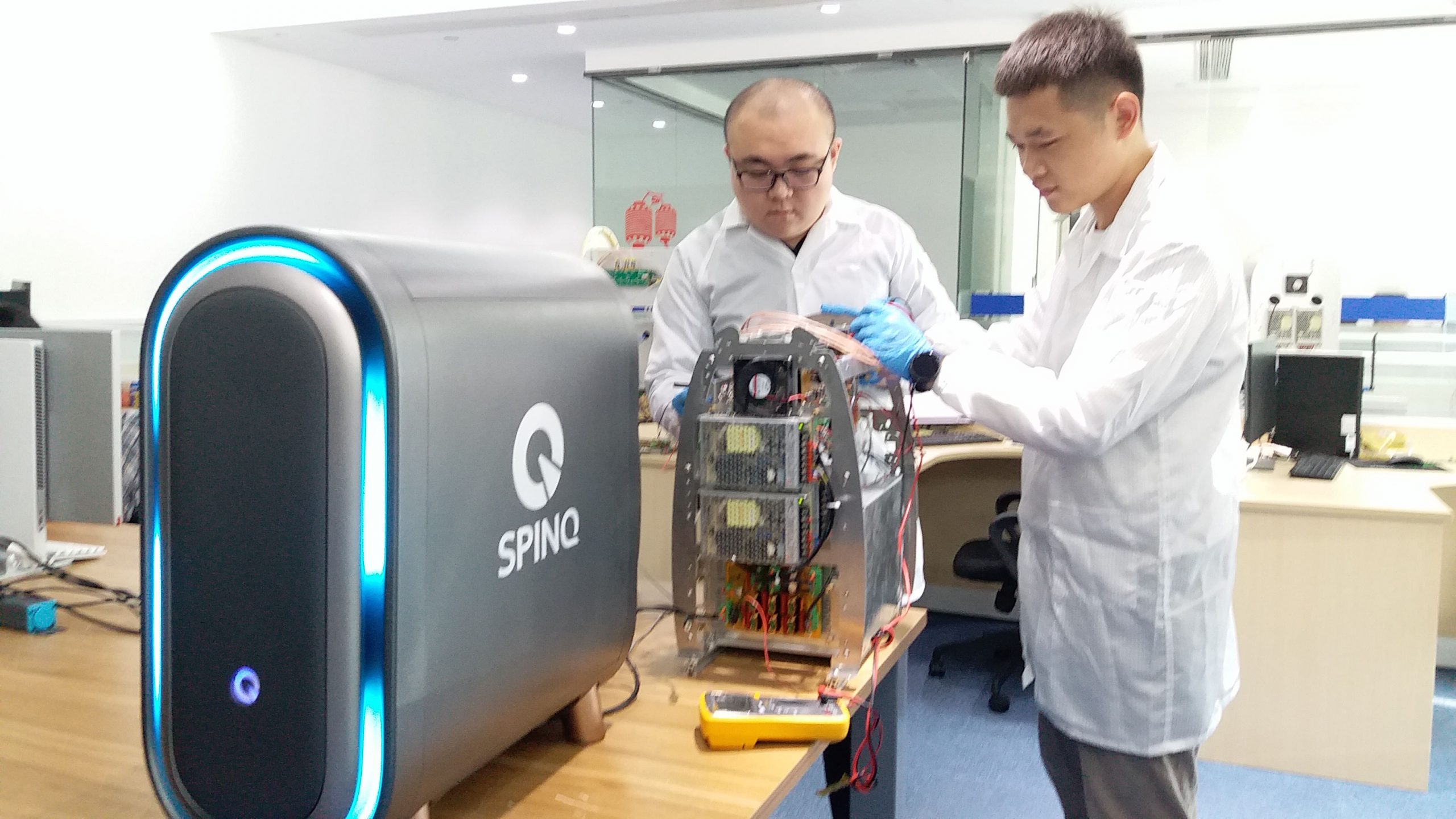The future of home computers is heading in the direction of quantum computing. While home quantum computing may seem far off, SpinQ Technology already has several quantum computers on the market. The Gemini Mini costs 1,188,000 yen which equates to roughly 8,900 USD, while Gemini, the company’s desktop quantum computer offering, costs ¥5,720,000 or about $43,000. Then there’s the Triangulum which will set buyers back roughly $55,000. All three run at room temperature and are available on Switch-science.com.
What Are Quantum Computers?
A quantum computer utilizes quantum mechanics to perform computations more efficiently. Unlike your average PC, which runs on bits and bytes (the equivalent of 0s and 1s), quantum computers use qubits. Qubits can have a superposition between 0 and 1, which allows the computers to solve more complex equations.
Both the Gemini and Gemini Mini have minimum configurations of 2 qubits but work as 8-qubit simulators. The Gemini is far more powerful than the mini, and consumers are warned to keep it at least 50cm away from pacemakers and other electronic devices implanted within the body. The warning is due to the device’s powerful permanent magnet.
The Triangulum has 3 qubits and allows users to customize its quantum circuit ad program it via an external port. Additionally, the Triangulum supports pulse sequence engineering. All three devices are nuclear magnetic resonance (NMR) computers which means they use the nuclear spin of atoms for computing.
The Future of Computers
For now, traditional computers still dominate in home and work settings. However, progress is clearly being made. Early this year Meta announced that it’s developing a next-gen supercomputer. Likewise, IBM revealed its new 433-quantum bit Osprey processor just last month.
Another way computing is advancing is with brain-to-computer interfaces. Synchron implanted its device, the Stentrode in its first U.S. patient over the summer. The device will allow users to control a PC mouse with their brain.
Jack Brassell is a freelance journalist and aspiring novelist. Jack is a self-proclaimed nerd with a lifelong passion for storytelling. As an author, Jack writes mostly horror and young adult fantasy. Also an avid gamer, she works as the lead news editor at Hardcore Droid. When she isn't writing or playing games, she can often be found binge-watching Parks & Rec or The Office, proudly considering herself to be a cross between Leslie Knope and Pam Beasley.



































